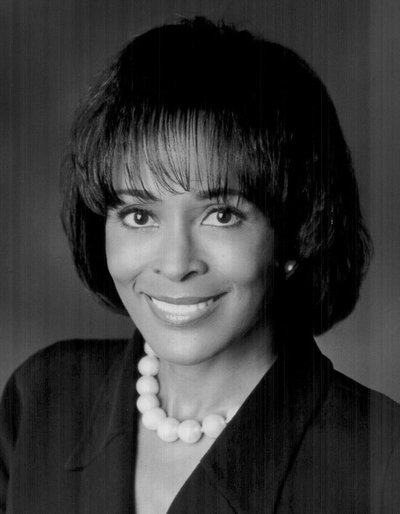October 18, 2007
Faye Wattleton to give 18th Hogness Symposium Oct. 31
Faye Wattleton, president for the Center for the Advancement of Women and former president of Planned Parenthood Federation of America, will give the 18th Hogness Symposium on Health Care lecture Wednesday, Oct. 31, from 3 to 4:30 p.m. in Hogness Auditorium, Health Sciences Center. The title of her lecture is Life on the Line — Fair Treatment is an Unfinished Agenda.
Wattleton says she has “a sense of injustice gene,” the one that predisposes her to indignation when witnessing human suffering; to take action to improve the human experience. She has spent her career taking action against injustices and, specifically, improving the lives of women.
“I have always believed that the randomness of my birth has given me certain privileges — I wasn’t born in Africa where I might have been subjected to female genital mutilation or suffered sexual abuse as a strategy of war,” Wattleton said in a recent telephone interview. “I mean I have the sense that gender should not be the reason women are violated or exist in substandard lives.”
Wattleton was the youngest person and first woman named to the presidency of Planned Parenthood Federation of America, the oldest and largest reproductive health organization in the United States. From 1978 to 1992 she led the organization in defining the national debate over reproductive rights and health, and in shaping family planning policies and programs around the world.
Today she is president of the Center for the Advancement of Women, a not-for-profit research, policy development and education institution created in 1995 to advance women’s equality and full participation in society.
“Our mission is to focus on the realities of women’s lives by conducting national public opinion research, both quantitative and qualitative, and eventually recruiting scholars to develop strategies for addressing the barriers to 21st Century women’s equity,” she said. “Women have told us that one of the mistakes in the women’s movement is that men have been held as the gold standard to which women should aspire. This held that if women weren’t performing as men, they weren’t as valuable as men. We’re building a think tank to probe the complexities and directions of women’s thoughts, attitudes and concerns. We’re creating a knowledge base that can be used to address issues from women’s perspectives.”
Wattleton, who holds degrees in nursing and maternal and infant care with a certificate as a nurse midwife, said her path towards health advocacy was informed early in her career when she was drawn to looking at health and people’s lives from individual experiences to the larger social context.
“I came of age in a climate of social and political vibrancy: the Civil Rights Movement, the Women’s Movement, the Peace Movement — I was informed by convergence of events that advanced justice for all — not just for a few,” she said. “My education as a nurse and nurse midwife, my life, and travels deepened my understanding of what it means to have and work for fair treatment.”
Citing such advancement policies as in reproductive rights, Title IX that prohibits sex discrimination against students and employees of educational institutions, and policies that address intimate partner abuse as significant advancements, Wattleton said women have made significant strides over the past 40 years. Evidence of women’s social progress can be seen in women entering politics more prevalently.
“The current presidential race is concrete evidence of political advancement — a woman is being considered a credible candidate for the most powerful position in the world — President of the United States,” she said, adding that previous women candidates for the position were often limited by the inability to garner financial backing. “Today, women have greater economic power to support candidates, vital to women’s political participation.”
While these advancements are important, Wattleton said fairness and parity for women in a number of arenas has not been achieved.
In the area of intimate partner abuse, women today have greater freedom to report their physical experiences, but often it’s the psychological abuse that is as damaging, if not more so, that needs to be addressed. In equitable pay — the proposition of fair pay for fair work — is still contested. According to a recent report from the American Association of University Women, pay disparity starts immediately after college. Women still do not enjoy fair representation in higher levels of professions like medicine, law, or academia. There is still much work to be done.”
Although we have reaped great benefit from social advancements made, Wattelton added a cautionary note and wish for younger generations.
“The pendulum will swing — wherever there are advancements, there are also counterpoints — efforts to roll back advancements and opportunities. It is the state of the struggle today.
“My wish for future generations is that they will have a sense of obligation to continue this journey and realize that it takes a lifetime commitment to improve the lives of others. And that self-interest can be found in the collective experience — without raising the capacity for all, we limit ourselves.”



